2022 has been a strange year for many reasons. The world is still reeling from two years of periodic lockdown, and political chaos has not helped to stabilise things. Sometimes, it feels like just one drama, scandal, and disaster after another!
However, it seems that nothing can stop innovation. Even in these interesting times, startups are pushing the envelope and advancing the rate of progress.
Let’s take a look at some of the most innovative startups in 2022:
1. Funnel
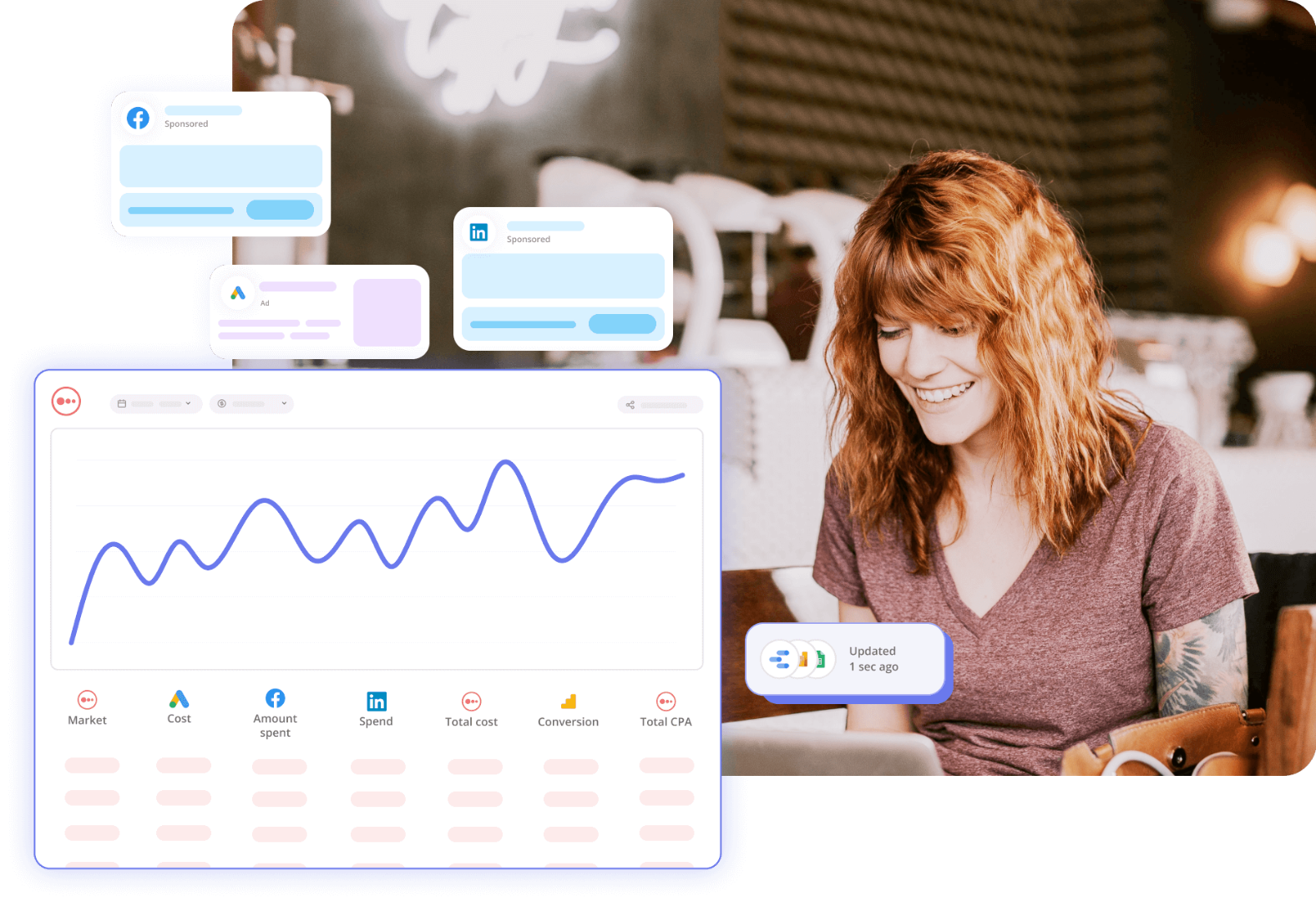
Funnel describes itself as ‘Mission control for your marketing data’. Ultimately, it’s a data hub which aims to give marketers a lot more control over their marketing operations.
You may be wondering why the world needs yet another marketing data platform. Well, Funnel aims to do the ‘heavy lifting’ for marketers. What makes Funnel different from other, similar startups is the level of control it gives even the least data-savvy marketer over their operations.
As the name implies, Funnel ‘funnels’ all data and data ops into a single, centralised interface. Users can access acquisition and activation data from any of their other marketing apps or platforms with ease.
For example, Funnel can take data from everything from your CRM to your portable card machine to your social media and migrate it straight to the Funnel platform. There, it can be processed and analysed in whichever ways make the most sense for any given campaign.
Insights are presented in an easy-to-understand, easy-to-action way that can be shared in several formats. All in all, Funnel provides a single source of truth for all marketing data. It cuts out multiple middlemen and makes it much easier to access, parse, analyse, and action data insights.
2. So Syncd
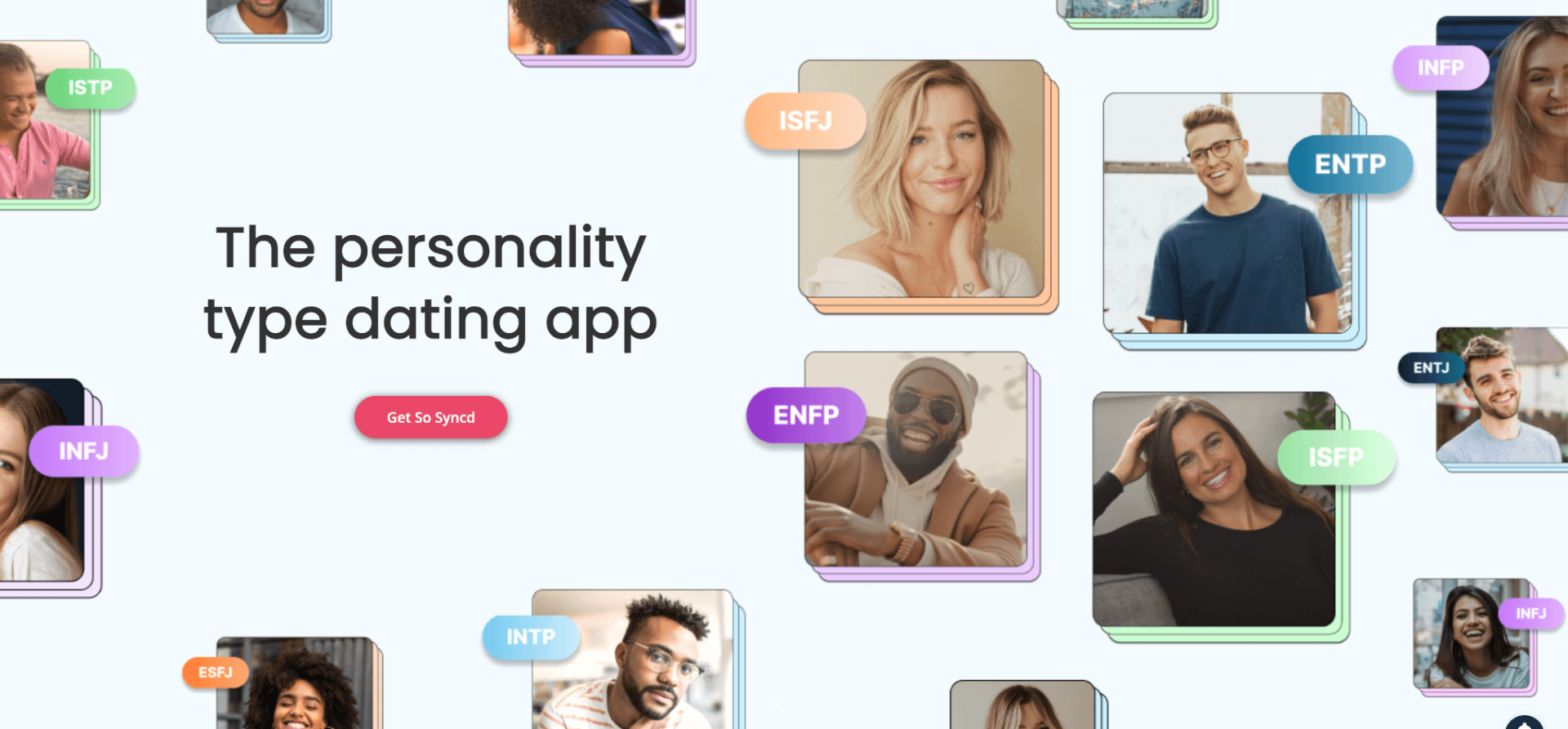
So Syncd is a London-based dating platform that matches people via their personality type. It uses the Myers Briggs personality test to establish key character metrics. It then matches people according to the compatibility of their personality types.
Personality metrics aren’t the only thing that the algorithm takes into account. Users can also set their preferences for things like age, gender, and location, and the algorithm will consider things like mutual interests when picking matches.
It markets itself more towards the casual dating market than for those who are looking for a forever love-match, but the app only launched this year, so it’s perhaps a bit too early to see how good it is at forming long-term relationships! User reviews so far are very positive, and some happy connections have clearly been made.
All in all, So Syncd is an innovative new take on the somewhat tired format of the dating app. It promises to prioritise meaningful connection and human personality over superficial attraction - a welcome change from the often dehumanising gamut of apps like Tinder.
3. Loom
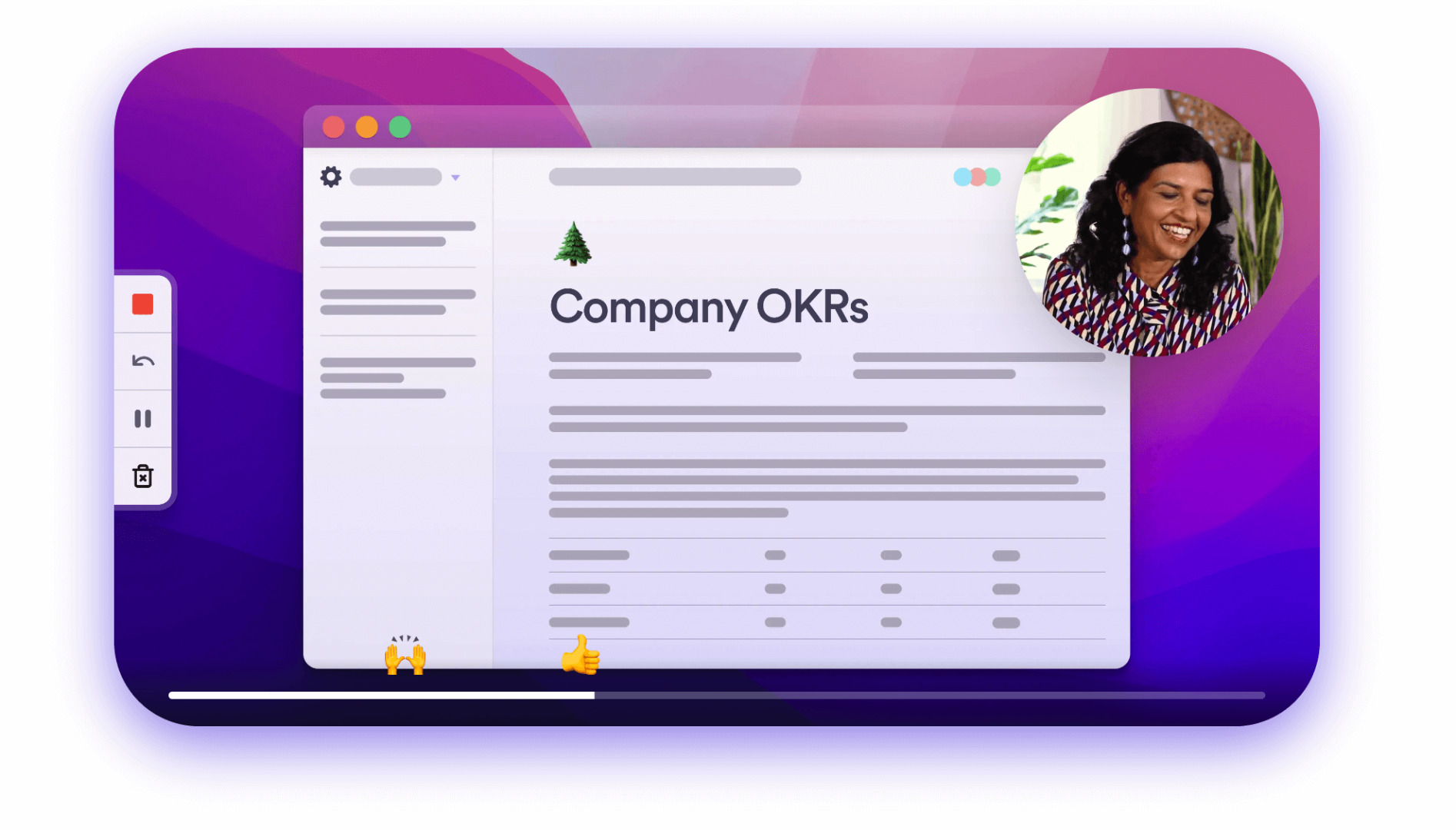
Loom is a work tool which allows users to record and send asynchronous video messages. At first glance, the need for this may not be apparent, but users find that it actually fills a much-needed gap in this new world of remote work.
By using Loom, teams can cut down on time-consuming meetings and get work done a lot faster. Rather than having to get everyone together to do a screen-share via a video call, users can quickly record their screens and talk viewers through what they’re doing - be that a full presentation or a quick demonstration of how a new tool works.
Users can simultaneously record their screen, camera, and microphone, which allows for quick, seamless explanations. Recipients access the video with a simple link.
Loom works across all devices and browsers. Video recipients don’t have to have a Loom account to watch the video - it will play automatically upon clicking the link. No login is required.
Viewers can respond to videos with in-depth comments or with a simpler emoji reaction. These can be time-stamped, allowing people to respond to specific points in each video.
All in all, Loom is a great communications tool which keeps remote teams connected without the need for constant, time-consuming meetings.
4. Adalo
It’s becoming increasingly necessary for businesses to have an app. Whether you’re an ecommerce company or you run a hotel, people expect to be able to connect with your company via an app.
The problem is that designing and building an app isn’t an easy task. It requires a knowledge of coding and digital systems that many people lack.
Enter Adalo. In their own words, “Adalo enables creatives, business owners, and founders to create custom web & mobile applications without code”.
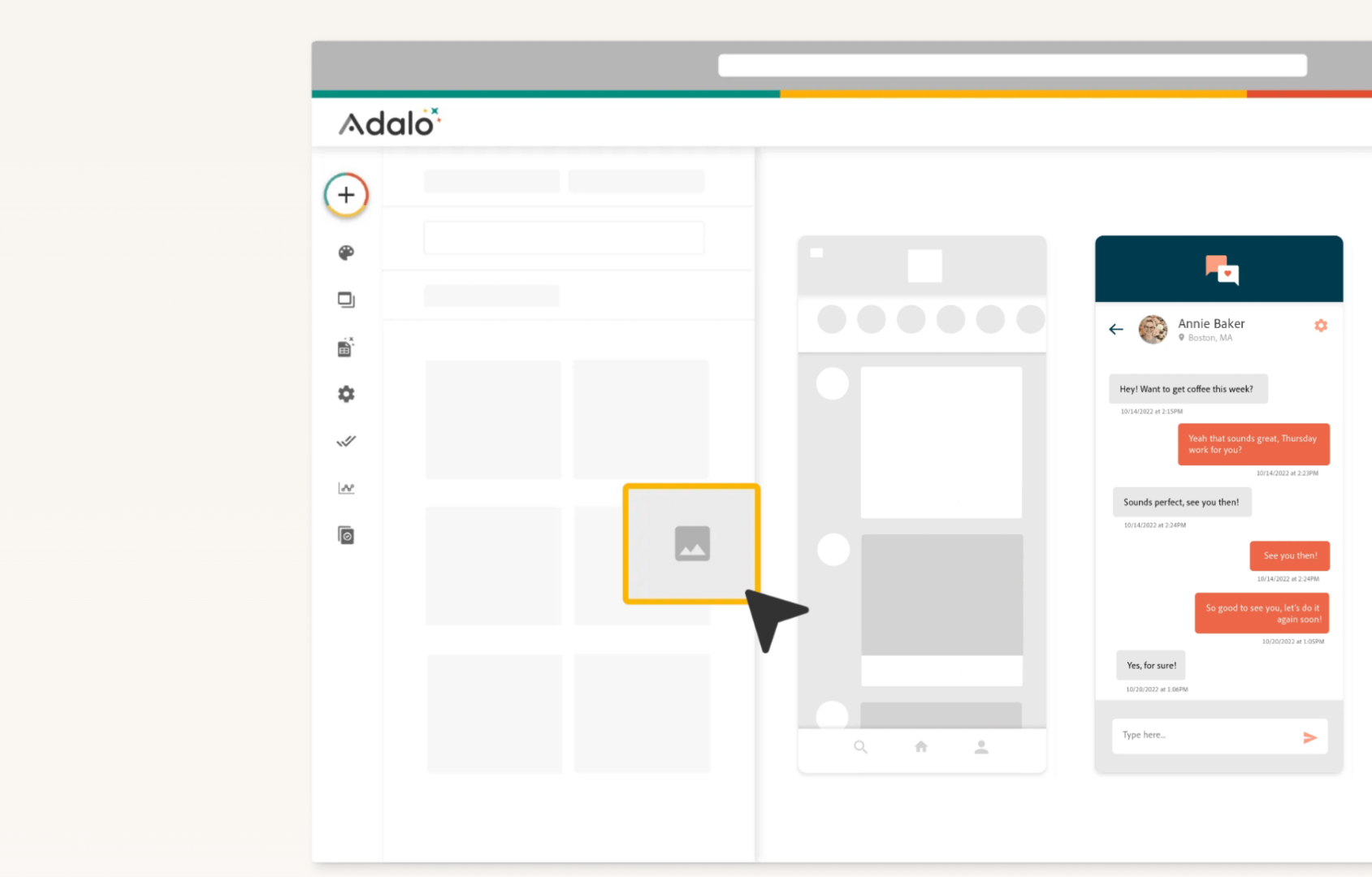
Essentially, Adalo provides an editable database of app templates, which businesses can easily tweak and customize to their own needs. Customization can get very granular - this isn’t a case of simply plastering your own branding over a generic app template. You really can build your own, custom app that does exactly what you need it to, without ever having to input a single bar of code.
Think of it as like WordPress for apps - but more intuitive!
5. Nuro
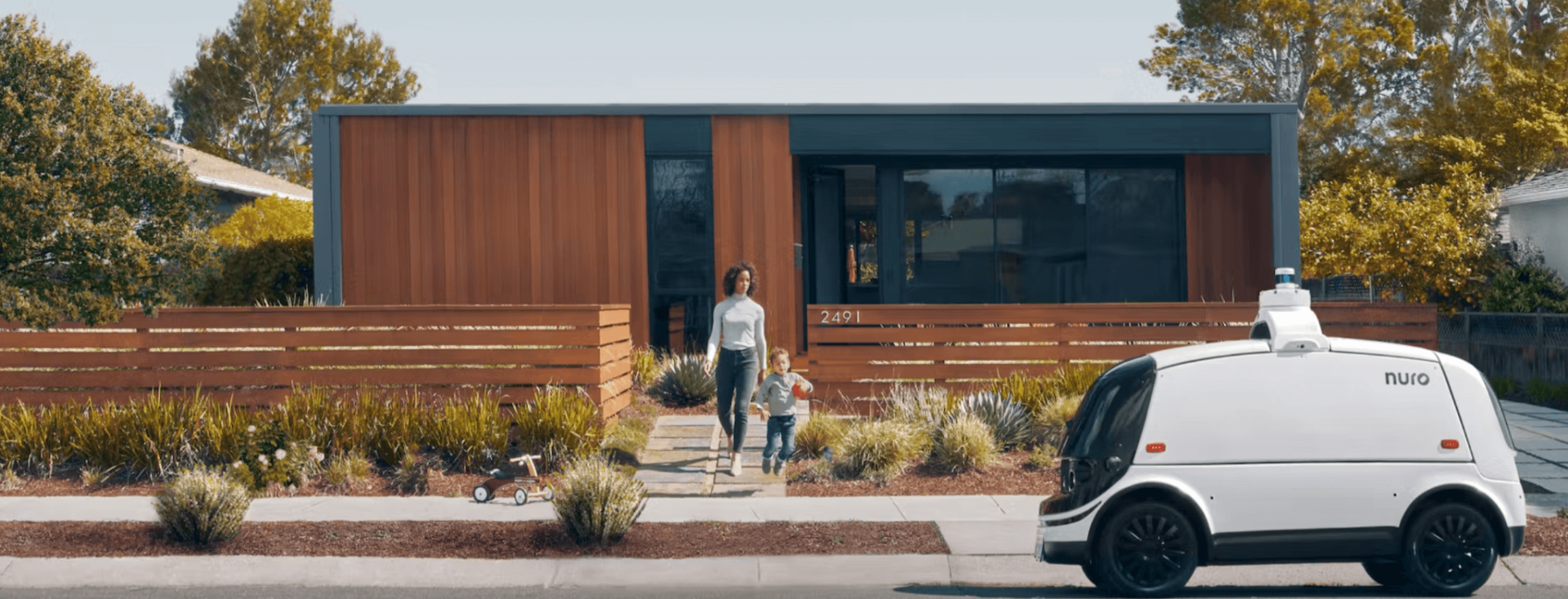
Nuro is a futuristic startup which promises to integrate intelligent robotics with everyday life.
If that sounds like the start of a dystopian sci-fi movie, don’t worry. Nuro’s main focus is improving the quality of human life with street-safe robotic deliveries.
Nuro produces zero-emission, road-safe robotic delivery vehicles which have been adopted by big names such as Uber Eats. The Nuro robots are essentially wheeled capsules which can be programmed to carry goods from one location to another. Because they are not designed to carry passengers, their design prioritizes the safety of other road users, including cyclists and pedestrians.
Currently, Nuro is the only company to be using fully self-driving cars on American roads. They are not road-legal everywhere (in fact, they can only be used in parts of Arizona, California, and Texas), but the technology looks set to expand rapidly as road laws catch up with the autonomous driving revolution. So watch this space!
What will 2023 bring?
From personality-based dating apps to robotic deliveries, 2022 has been an exciting time for startups. Can we expect this level of innovation to continue into 2023? Watch this space! If you're feeling inspired to start your own business in 2023, make sure you've got plenty of business cards ready to help you spread the word about your latest venture.

.jpg)
.jpg)


